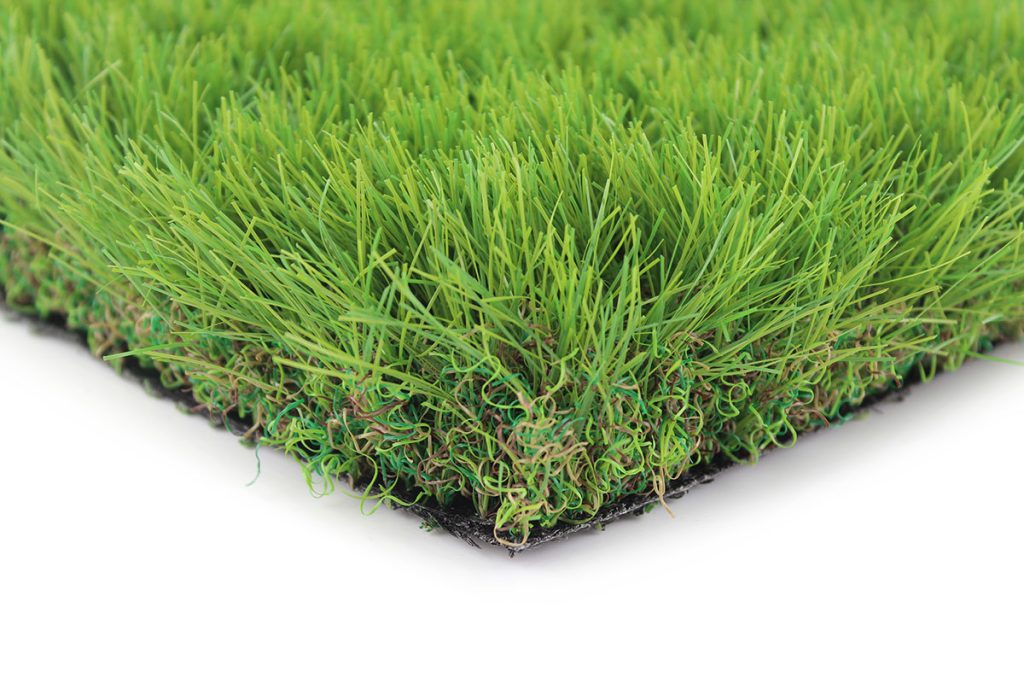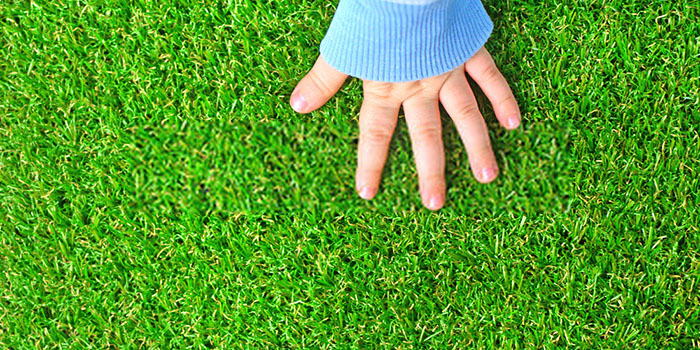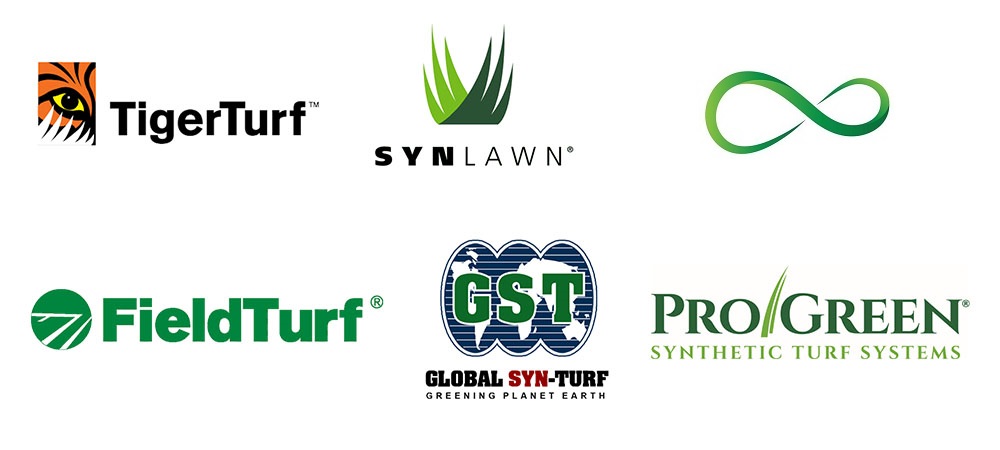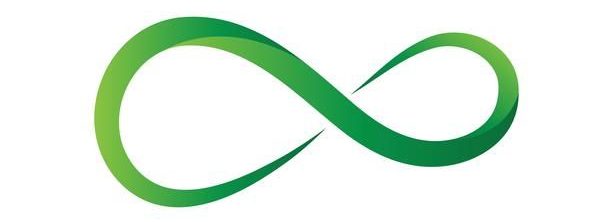
Artificial grass has become an increasingly popular choice for homeowners and businesses alike, thanks to its low maintenance, durability, and versatility. With so many options available, selecting the best type and brand of artificial grass can be challenging. In this guide, we’ll explore the benefits of artificial grass, key factors to consider, top brand recommendations, types of artificial grass, expert selection tips, and a helpful FAQ section to make your decision easier.
Why People Prefer Artificial Grass

Applications of Artificial Grass
Artificial grass offers a variety of benefits that make it an attractive alternative to natural lawns:
Low Maintenance
One of the biggest advantages of artificial grass is its minimal maintenance needs. There’s no need for watering, mowing, or fertilizing, saving both time and money.
Long-Lasting Durability
Designed to withstand heavy foot traffic, extreme weather, and playful pets, artificial grass remains lush and green for years without significant wear and tear.
Versatile for Multiple Uses
Whether for landscaping, sports fields, playgrounds, or pet areas, artificial grass comes in various styles to suit different needs and applications.
Cost-Effective Investment
While the initial cost may be higher than natural grass, artificial grass becomes a more economical choice over time due to reduced maintenance and replacement costs.
Factors to Consider When Choosing Artificial Grass
How to Choose the Right Artificial Grass
When selecting artificial grass, keep the following critical factors in mind:
Purpose and Location
Determine where and how the grass will be used. Residential lawns, sports fields, playgrounds, and pet areas all require different specifications.
Material and Quality
Artificial grass is usually made from polyethylene, polypropylene, or nylon. Polyethylene is the most popular choice for its natural look and soft texture.
Pile Height and Density
Higher pile height and greater blade density create a more realistic appearance and softer feel but may require more maintenance.
Backing Material
The backing provides structure and durability. Options include latex, polyurethane, or polyester, with drainage features critical for longevity.
Drainage Capability
Good drainage prevents waterlogging and keeps your lawn dry and functional, even after heavy rain.
Maintenance Needs
Although low-maintenance, some artificial grasses may need occasional infill replenishment, brushing, and cleaning.
UV Resistance
To avoid fading and deterioration under the sun, choose UV-resistant artificial grass.
Cost and Warranty
Balance your budget with quality. Opt for products backed by solid warranties to protect your investment.
Best Artificial Grass Brand Options

Top Brands for Artificial Grass
Choosing a reputable brand ensures you get superior quality and lasting satisfaction. Here are some top picks:
Roen Artificial Grass
Roen is a leading Chinese manufacturer specializing in residential, sports, and landscaping artificial grass since 2006. They offer a wide range of customizable options to suit different needs and budgets, making them a reliable choice for homeowners, businesses, and government projects.
Global Syn-Turf
One of the top artificial grass manufacturers and distributors in the U.S., Global Syn-Turf offers an extensive product range with warehouses nationwide. They provide quick shipping, a wide selection, and products suited for landscaping, sports, pets, and rooftops.
FieldTurf
Globally recognized, FieldTurf is a leader in sports artificial turf with installations across the NFL, NCAA, and FIFA fields. They provide high-performance surfaces backed by partnerships with major sports organizations.
ForeverLawn
ForeverLawn focuses on innovation and quality, offering solutions for residential, commercial, and specialty applications through a trusted dealer network.
ProGreen Synthetic Grass
Manufacturing in the USA, ProGreen manages everything from raw material processing to installation. Their products are widely used for lawns, sports fields, playgrounds, and pet areas, ensuring full control over quality.
TigerTurf
TigerTurf combines advanced yarn technologies with expert craftsmanship to offer durable artificial turf solutions for sports, commercial, and residential use worldwide.
SYNLawn
As part of the Sport Group Holding, SYNLawn leads the market in eco-friendly, bio-based artificial grass solutions, setting a benchmark for innovation and sustainability.
Types of Artificial Grass
Understanding Different Artificial Grass Types
Artificial grass comes in different materials, each with specific features:
Nylon Artificial Grass
Pros:
- Extremely durable
- Holds its shape well
- UV-resistant
Cons:
- Can feel stiff
- Prone to heat damage
Best For:
- Sports fields
- Playgrounds
- High-traffic areas
Polypropylene Artificial Grass
Pros:
- Affordable
- Lightweight
- Moisture-resistant
Cons:
- Less durable
- Susceptible to melting under heat
Best For:
- Low-traffic spaces
- Temporary installations
- Rooftop gardens
Polyethylene Artificial Grass
Pros:
- Realistic look
- Soft underfoot
- UV-stable
Cons:
- Moderate durability
- May flatten under heavy traffic
Best For:
- Residential yards
- Golf greens
- Balcony landscaping
Expert Tips for Choosing Artificial Grass
5 Pro Tips for Picking the Perfect Artificial Lawn
1. Match the Climate
For hot climates, opt for heat-resistant grass. In wet areas, prioritize grasses with excellent drainage.
2. Consider Usage
High-traffic areas like playgrounds require more durable, high-density grass, while decorative areas can use softer, lighter varieties.
3. Compare Grass Types
Weigh the pros and cons of nylon, polyethylene, and polypropylene grass based on your needs.
4. Trust Your Preferences
Choose a texture, color, and blade height that feel right for you—after all, you’ll be living with it every day.
5. Choose a Trusted Supplier
Buy from reputable companies that offer good customer support, quality guarantees, and solid warranties.
Conclusion
Choosing the best artificial grass involves balancing durability, appearance, price, maintenance needs, and environmental factors. Understanding the types of artificial grass and comparing top brands like Roen, Global Syn-Turf, FieldTurf, and others will help you make a well-informed decision that meets your unique needs.
FAQs
What type of artificial grass is best for high-traffic areas?
Nylon or nylon-blended artificial grass is ideal for high-traffic areas due to its strength and resilience.
Is artificial grass environmentally friendly?
Yes, artificial grass saves water and reduces chemical use. Look for options made from recycled or recyclable materials for an even greener choice.
Is there a significant price difference between different types of artificial grass?
Yes, nylon is typically the most expensive, followed by polyethylene and polypropylene. Factors like pile height, backing, and UV resistance also affect the final cost.
